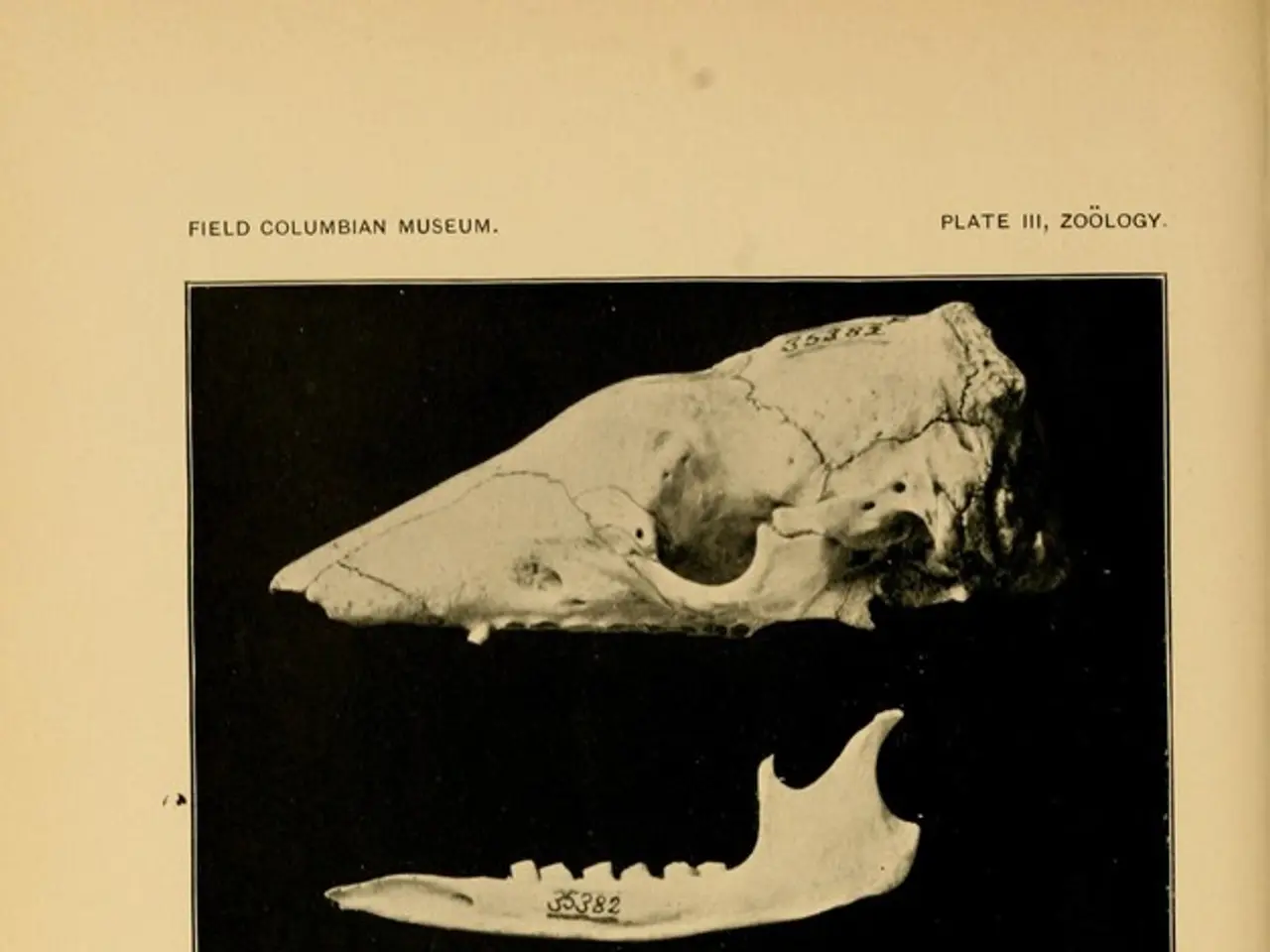Sternothyroid Muscle: Key to Swallowing and Vocalisation
The sternothyroid muscle, located in the neck, plays a crucial role in both vocalisation and swallowing. This muscle, named for its attachments to the sternum and thyroid cartilage, has a unique function that can impact various aspects of our muscular system.
The sternothyroid muscle originates from the manubrium sterni, the upper part of the sternum, and inserts into the lamina of the thyroid cartilage. It is supplied by nerves from the upper cervical nerve via the cervical ansa. This muscle is shorter and wider than its neighbour, the sternohyoid, and lies underneath it.
The primary function of the sternothyroid muscle is to depress the larynx. This action aids in mastication, or chewing, and swallowing. It also influences vocal range, pitch control, and volume. Trauma or injury to this muscle can therefore impact both vocalisation and food consumption.
Understanding the sternothyroid muscle's role in our muscular system is essential. Its function highlights the intricate relationship between our vocal apparatus and digestive system. Any injury or trauma to this muscle can significantly affect our ability to communicate and consume food.




